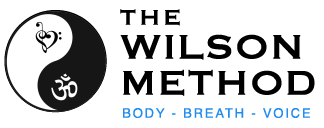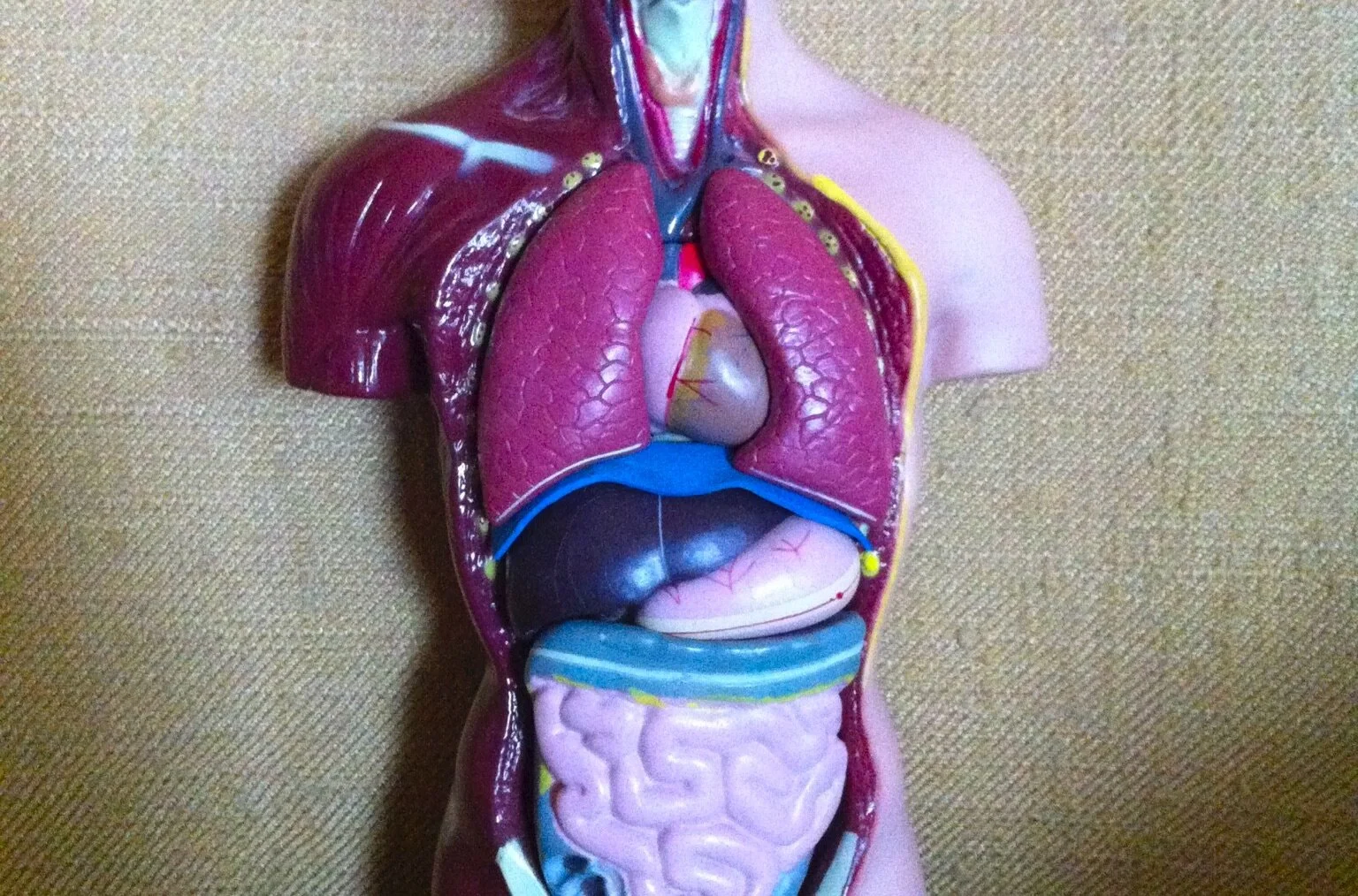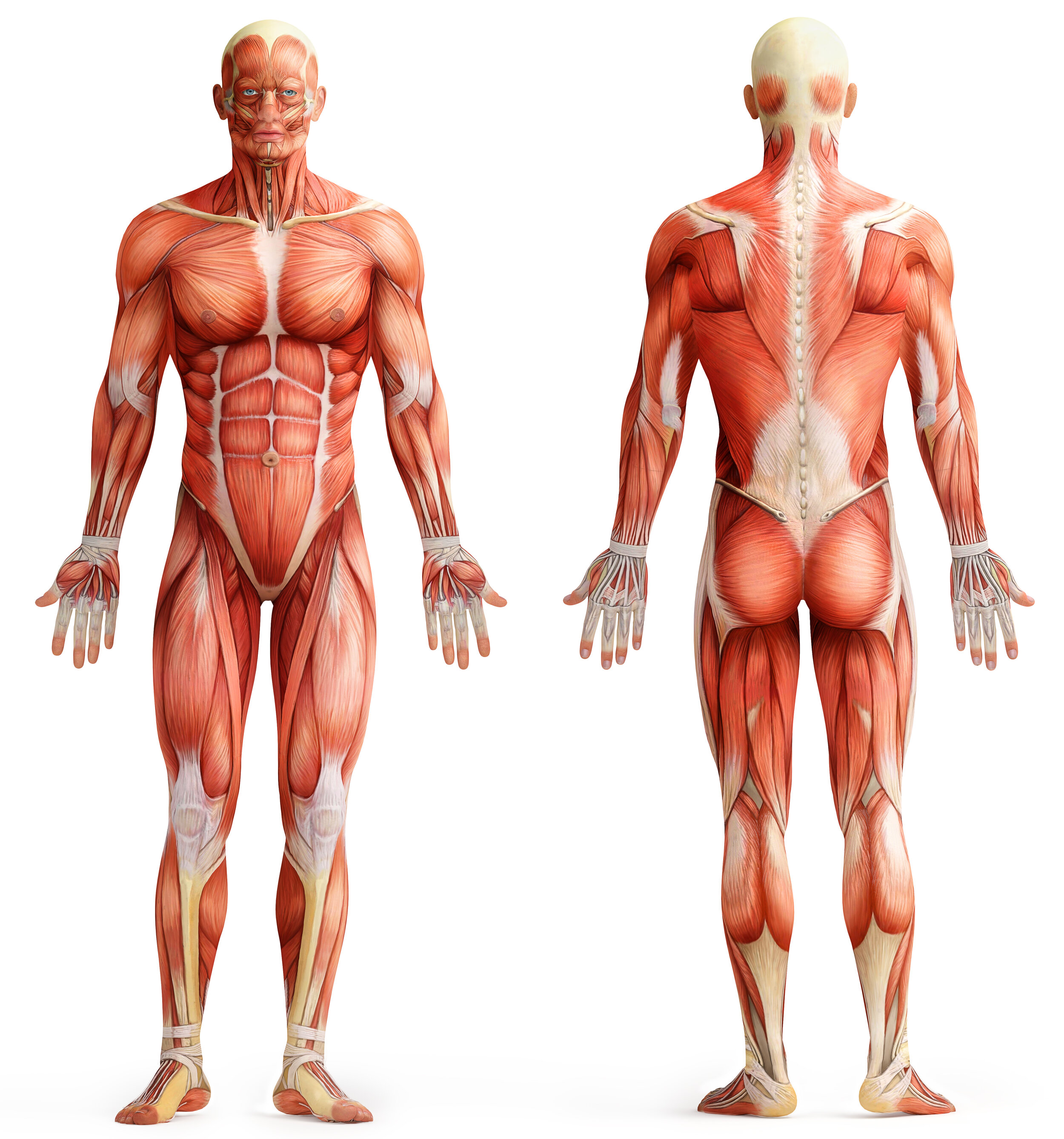Asthma’s effects on the voice are numerous, due to its effects on the respiratory and lymphatic systems, as well as muscles and fascia throughout the body. The mental and emotional repercussions of “I can’t breathe” also need to be understood, if we are to help those suffering from asthma find their full vocal potential. 💨💨💨 .
”Asthma” causes the following:
- inability to inhale
- inability to exhale
- rectus abdominis hyper-tonicization
- pectoral tension
- trapezoid tension
- latissimus dorsi tension
- jaw, neck, tongue tension
- base of skull / inter-arytenoid tension
- costal breathing
- vocal fold swelling
- excess mucus
- soft palate rigidity - lack of diaphragmatic tonicity
- lack of core strength
- lack of hip / leg power
- lack of grounding and stability
- fear of exhaling past one’s “asthma floor”
There is much that can be done for an issue that is so often misunderstood. Many (not all) asthma cases, (especially so-called “adult-onset”) I would instead call “Congested Tension”.
What was going on in your life for a year before you contracted “adult onset asthma”? And, if the airways of your lungs are constricted, inflamed and congested, how about making space for them, and also for yourself?
Older studies show that between 16-52% of “asthmatics” also suffer from anxiety. We are now discovering that anxiety comes in many forms and is considerably under-diagnosed. In my experience, the number is closer to 85%-95%. What I can tell you for certain is that in my 30 years of experience working with asthma (including healing it in my own body) every single “asthmatic” has hypertension in their rectus abdominis. We could argue cause and effect. And, work to release your six-pack, as well as playing with the other modalities listed, your symptoms of asthma may very well drop for you.
💨💨💨
There is much more that can be done than many might think. 😊. I healed my asthma, and now I help others do the same. 🙏🙏🙏 .































